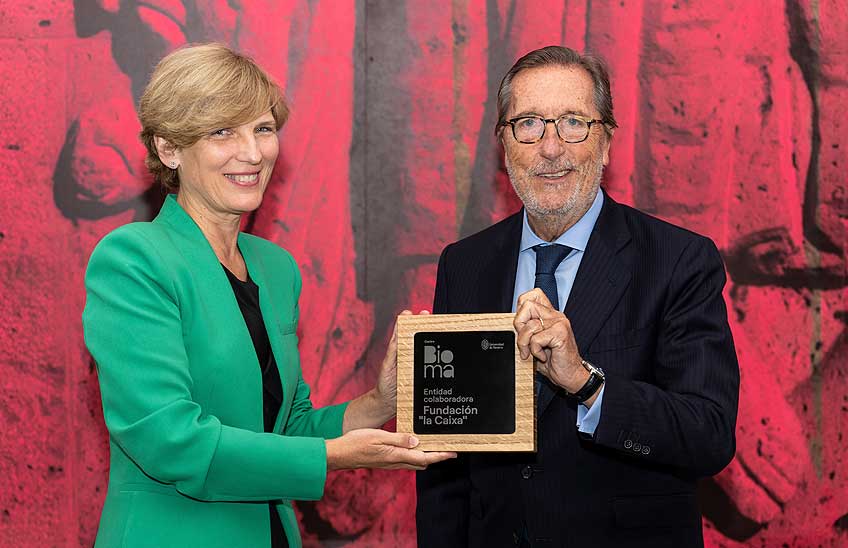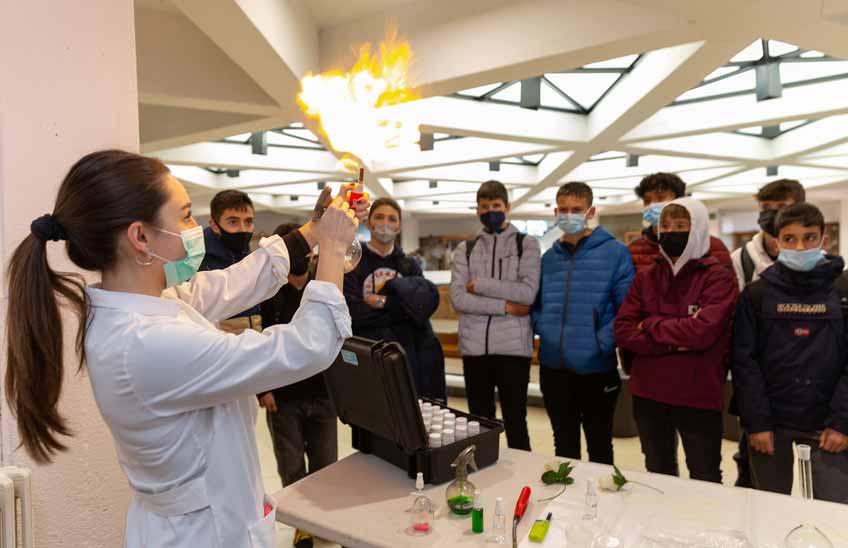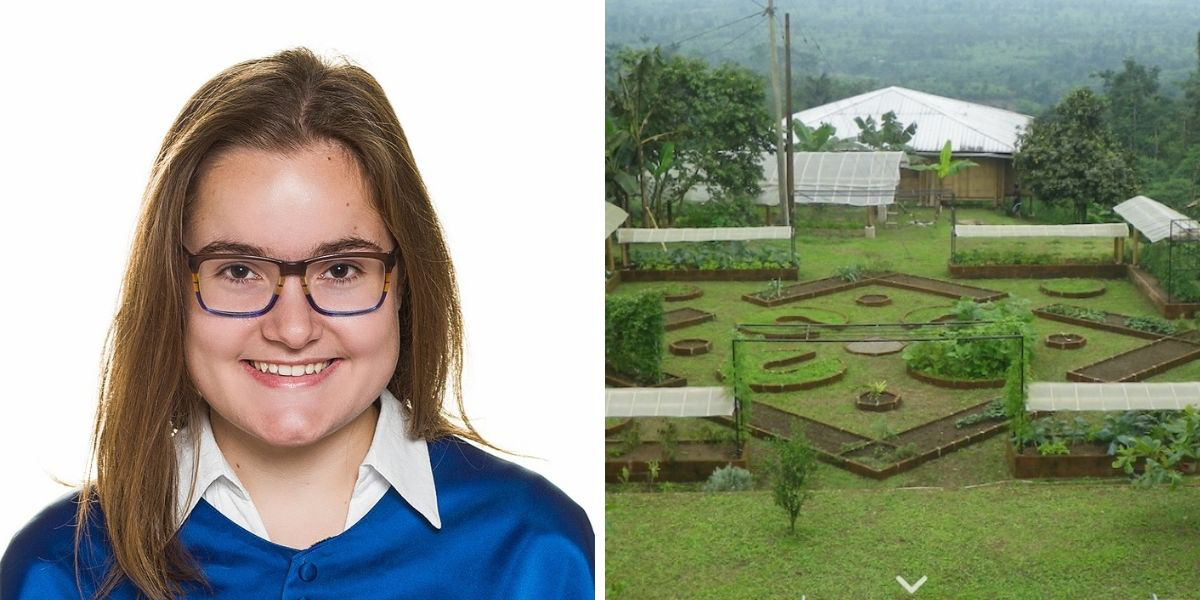"A health crisis is occurring that has to do with the deterioration of ecosystems and requires a holistic view to address it".
Jesús Miguel Santamaría, director of Biodiversity and Environment Institute of the University of Navarra, has appealed to the vision multidisciplinary, individual responsibility and Education environmental to address the environmental crisis.
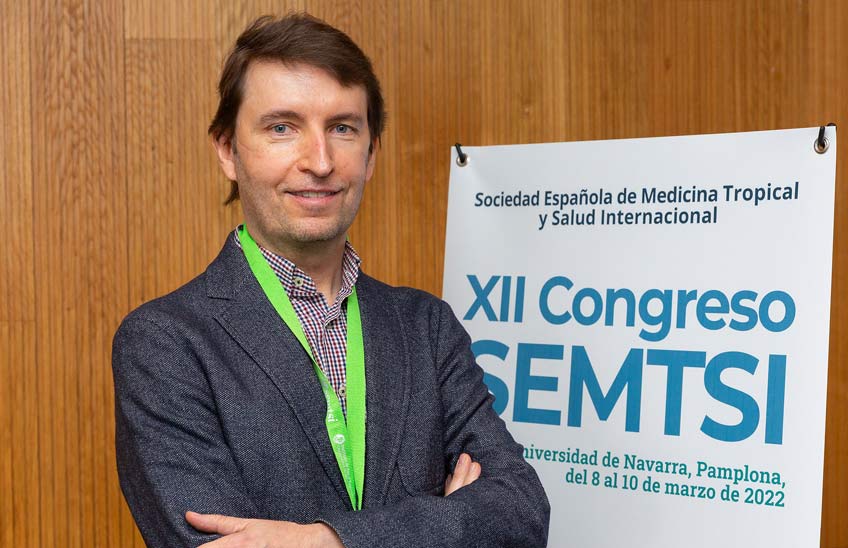
FotoManuel Castells<br>/Jesús Miguel Santamaría
10 | 03 | 2022
Every year 12.6 million people die worldwide (1.4 million in Europe, 790,000 in the European Union) due to environment-related causes. These are some of the data offered by Jesus Miguel Santamaria, director of the Biodiversity and Environment Institute of the University of Navarra, who gave the session "Healthy environment", at the framework of the XII congress SEMTSI (Spanish Society of Tropical Medicine and International Health) organized by ISTUN, which was held from March 8 to 10 at the University of Navarra Museum, where different experts discussed the transmission of infectious diseases between people and animals.
Jesús Miguel Santamaría said that human, animal and environmental health are intrinsically linked and interdependent, and reviewed the environmental issues that have the greatest impact on human health - including Economics- such as air quality (mainly due to exhibition tropospheric ozone, nitrogen dioxide and particulate matter), indoor pollution (due both to design of new smart buildings and to some materials used in everyday life that release toxic compounds such as cleaning products or paints), water quality (presence of mercury, microplastics and eutrophication due to excess nutrients) and the effects of climate change (heat waves, worsening air quality, increase of water-, food- and vector-borne diseases).
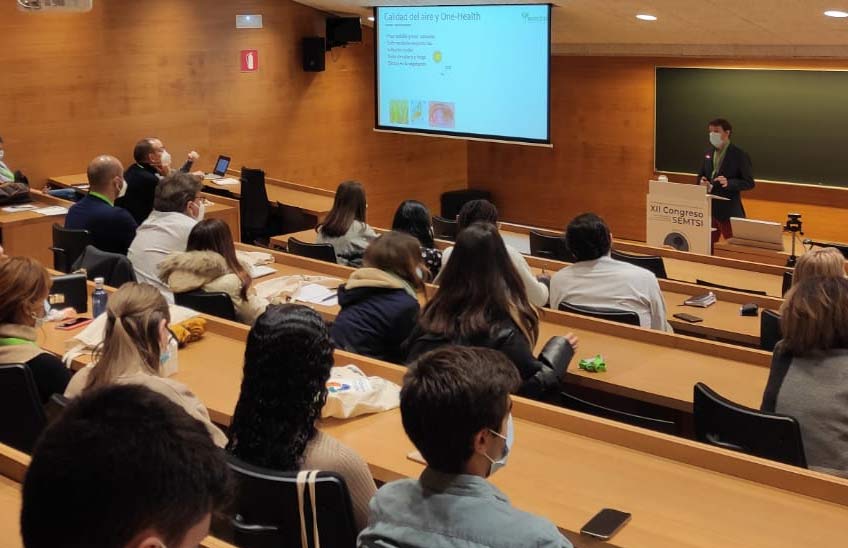
Santamaría stressed the importance of not to exceed the planetary boundaries established by the academic community for the proper functioning and resilience of the Earth - these include issues such as biodiversity loss, climate change, water or land use, emerging pollutants, among others. "Failure to respect these limits will lead to abrupt and irreversible changes.
The Full Professor has insisted that in order to tackle environmental problems we must create multidisciplinary groups. "There is a crisis in health that has to do with the deterioration of ecosystems and requires a holistic vision to address it". In addition, he pointed out the importance of both individual responsibility and environmental Education to the new generations: "The younger ones are going to be the driving force and the ones who are going to change things".
Professor Santamaría's discussion paper was part of a roundtable entitled "One Health and Other Challenges" moderated by Esperanza Rodríguez de las Parras, in which Iñigo Lasa from Navarrabiomed also spoke on "Persistent or Antibiotic Resistant Bacterial Infections", and Almudena Mari from high school Robert Koch in Berlin, who spoke telematically on "Anthropology and Emerging Zoonotic Diseases".


